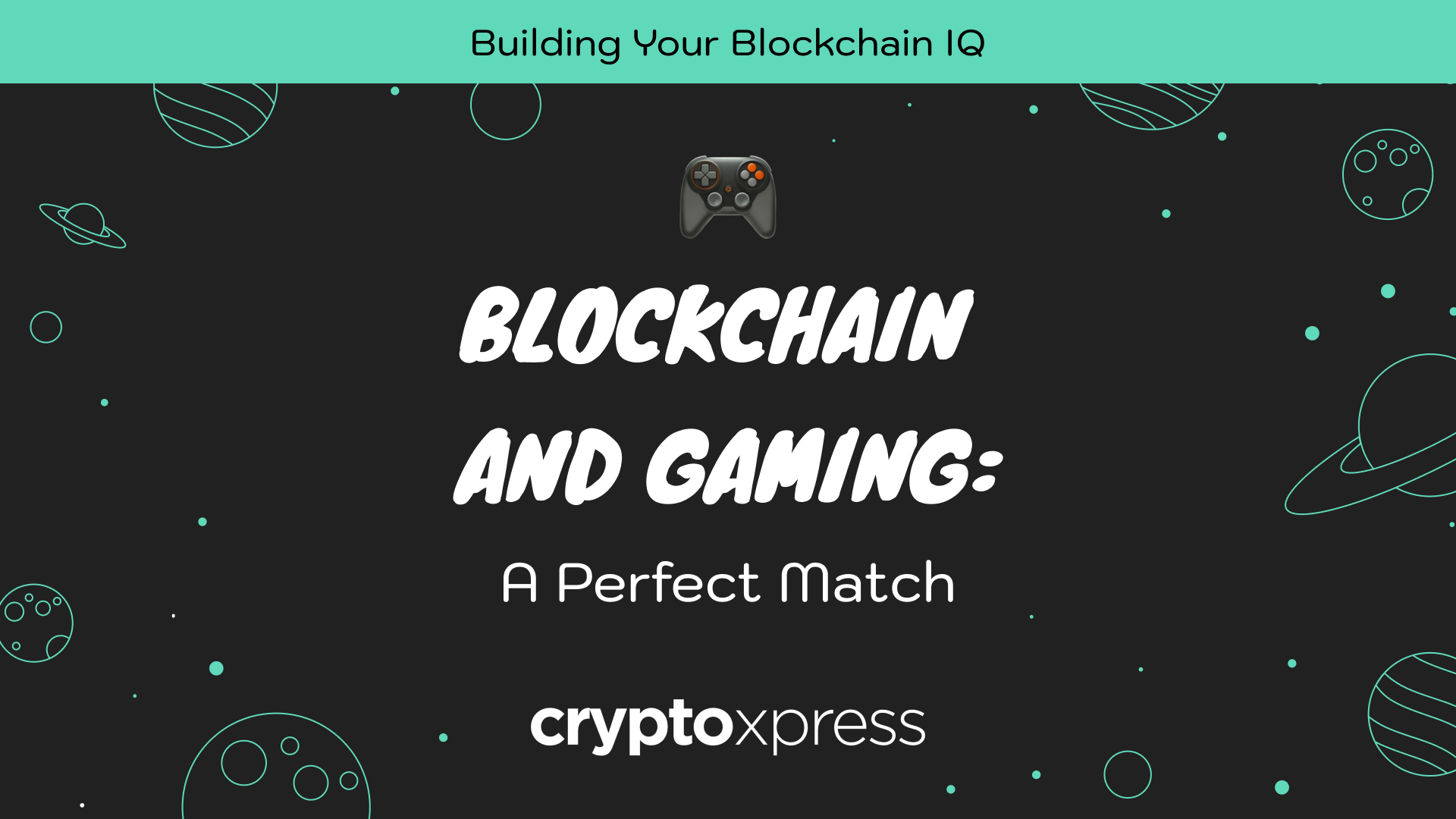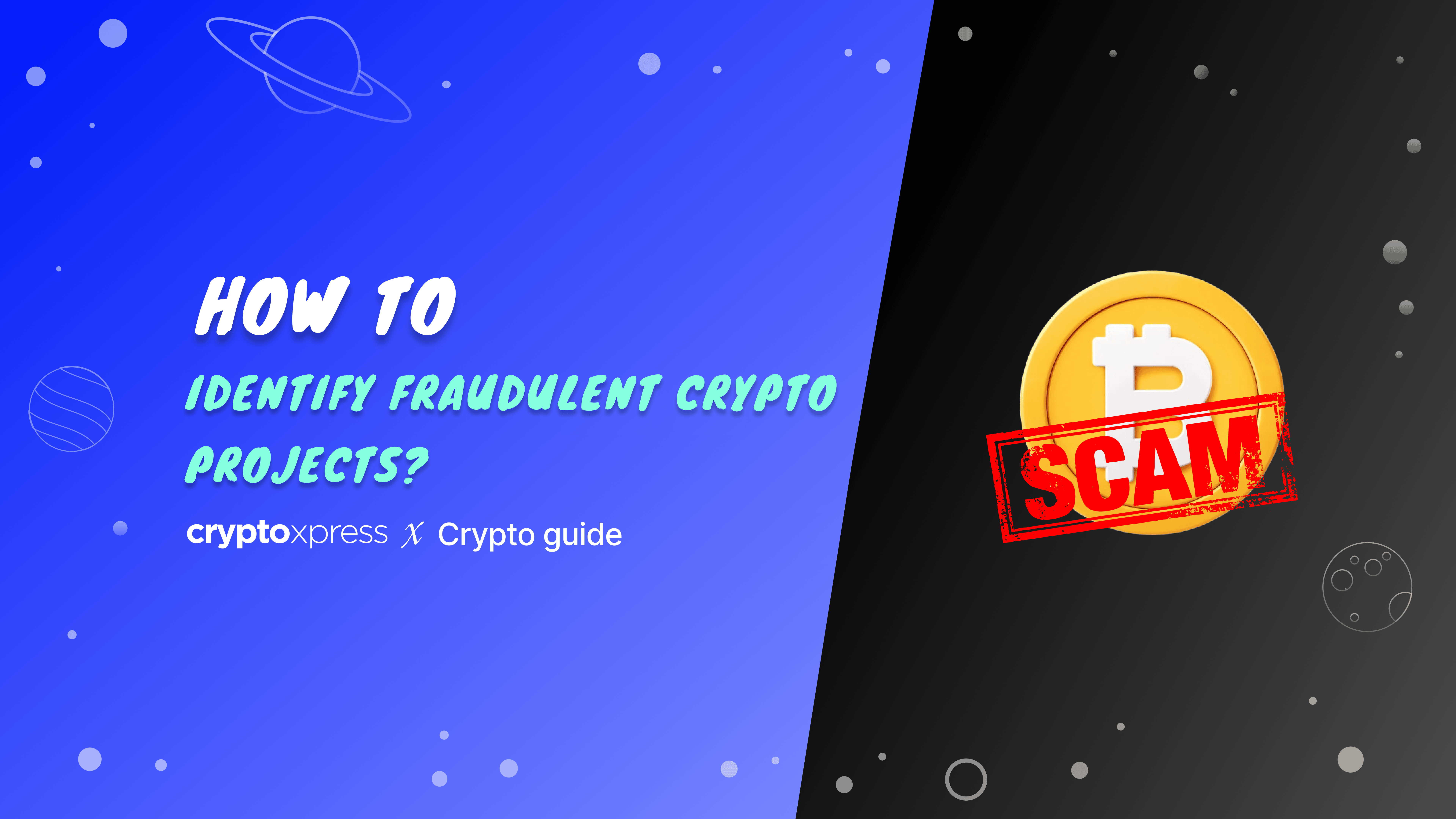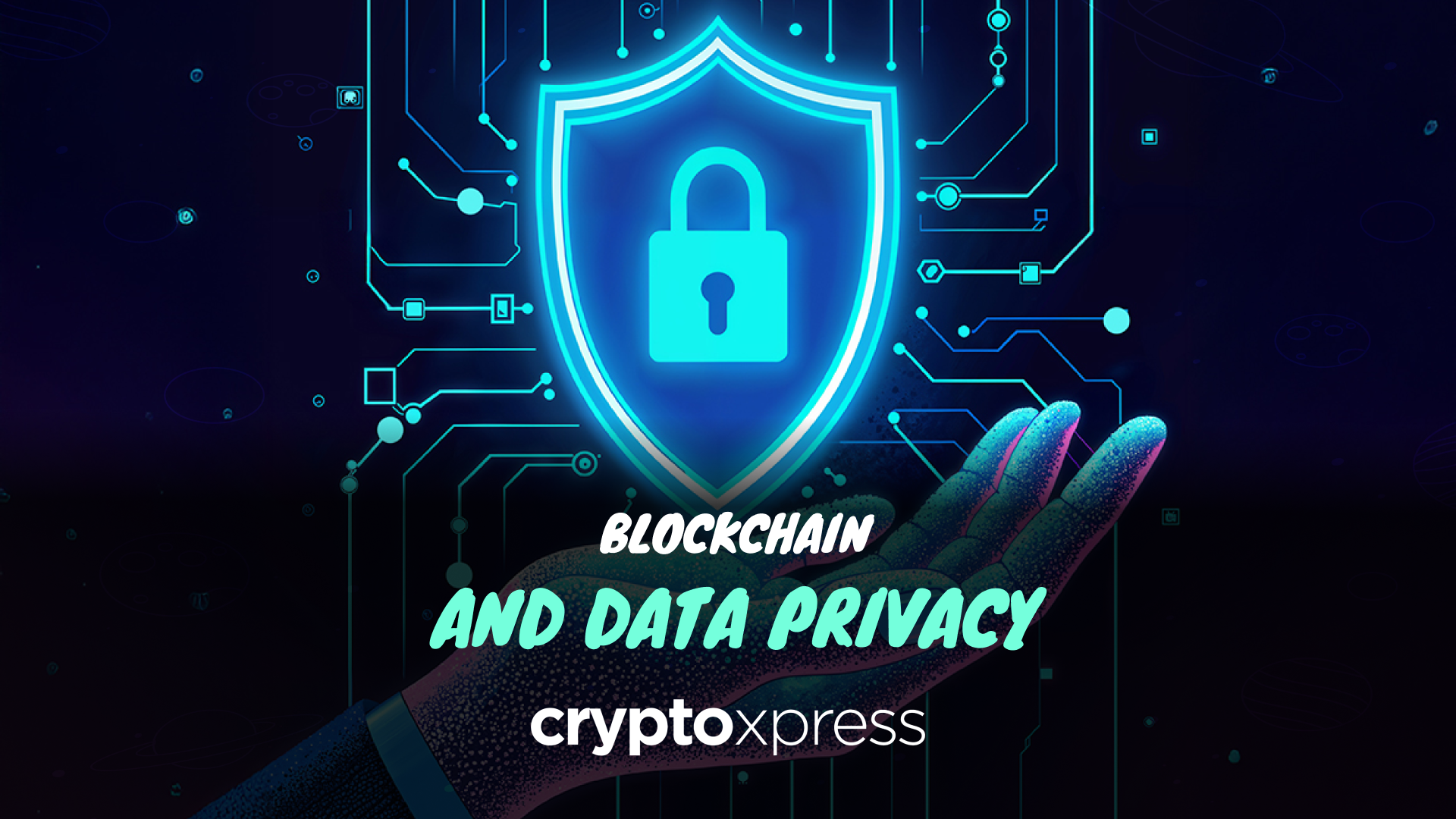|
Getting your Trinity Audio player ready...
|
TL;DR
Blockchain is reshaping the gaming industry by introducing concepts like NFTs, decentralized ownership, and play-to-earn models. This evolution empowers blockchain gaming players to own and monetize their in-game assets, creating new economic opportunities while revolutionizing game design and engagement.
Blockchain and Gaming: A Perfect Match
The gaming world is undergoing a seismic shift, thanks to blockchain technology. As an industry historically driven by innovation, gaming is no stranger to change. But this time, the revolution goes beyond better graphics or new gameplay mechanics—it’s about transforming the very foundation of how games are played, owned, and monetized.
Blockchain gaming, or GameFi (a blend of “gaming” and “decentralized finance”), is rapidly growing, enabling players to own their in-game assets, earn tangible rewards, and even participate in shaping the economies of their favorite games. Let’s dive into how blockchain and gaming are evolving together, creating a win-win for players and developers alike.
The Rise of GameFi
GameFi is the intersection of blockchain technology and gaming, powered by decentralized finance principles. Unlike traditional gaming models, where assets and currencies are locked within specific ecosystems, GameFi offers players the ability to earn real-world value from in-game activities. This paradigm shift is facilitated by blockchain’s key features, such as transparency, decentralization, and immutability.
In essence, GameFi transforms games into platforms where play becomes a source of income. Through play-to-earn (P2E) models, players can unlock rewards, trade in-game assets, and convert these into fiat currencies or cryptocurrencies.
Decentralized Economies and Player Empowerment
In traditional gaming, in-game assets are merely digital items locked within the confines of a single game. Ownership is limited to the game’s publisher, and players have no control over their investments in time or money. Blockchain upends this model by introducing decentralized economies that prioritize player ownership.
Imagine owning a sword in one game and being able to trade or sell it in another—this is the power of decentralized economies. Players have true ownership over their digital items, often represented as non-fungible tokens (NFTs). These tokens serve as verifiable proof of ownership, offering gamers more control and fostering a sense of permanence.
NFTs: The Cornerstone of Blockchain Gaming
NFTs are digital assets secured on the blockchain, providing a unique identity to in-game items. Whether it’s a rare character skin, a powerful weapon, or even virtual real estate, NFTs add a layer of authenticity and exclusivity. Players can buy, sell, and trade these assets freely across marketplaces, creating economic ecosystems that extend beyond the game itself.
For developers, NFTs open up new revenue streams, as they can earn royalties on secondary sales. For players, they turn gaming into an investment, where rare assets hold real-world value and can appreciate over time.
Play-to-Earn Models: Gaming as a Career
The play-to-earn model is gaining global attention for its ability to turn gaming into a livelihood. Popular blockchain games like Axie Infinity and The Sandbox have demonstrated how players can generate income by simply participating in the game.
This model has been especially impactful in developing regions, where individuals can earn a sustainable income in economies where traditional job opportunities may be scarce. By rewarding skill and effort, play-to-earn games are redefining the relationship between gamers and developers, creating a symbiotic ecosystem where everyone benefits.
Challenges and the Road Ahead
While the prospects for blockchain gaming are exciting, challenges remain. Scalability issues, high transaction fees, and a lack of widespread adoption are hurdles the industry must address. Additionally, skeptics question the environmental impact of blockchain technology, though innovations like layer-2 solutions and proof-of-stake mechanisms are helping to mitigate these concerns.
The future, however, looks bright. In Q3 2024, blockchain gaming accounted for 26% of all decentralized application activity, with over 4.4 million daily active wallets. This growth signals strong interest and confidence in the sector, setting the stage for broader adoption in the coming years.
Why It Matters
Blockchain and gaming aren’t just intersecting; they’re elevating each other. Developers gain access to loyal communities and innovative monetization strategies, while players enjoy unprecedented levels of ownership and engagement. Together, they’re building a future where gaming isn’t just entertainment—it’s an economy, a career, and a culture.
About CryptoXpress
CryptoXpress is on a mission to democratize and simplify financial services for the modern generation. Founded in 2018 by a team of global blockchain, design, and finance experts, CryptoXpress offers a seamless mobile app that bridges the gap between cryptocurrency and everyday life. With an intuitive user experience, the app allows users to easily buy and trade crypto, book travel, purchase gift cards with crypto, make payments, and access digital transfers. Additionally, CryptoXpress provides exclusive loyalty perks, retail offers, and member benefits tailored to enhance convenience and value.
The app was designed to address key challenges faced by cryptocurrency users, particularly beginners. While the demand for cryptocurrencies continues to grow, a steep learning curve often prevents new investors from fully engaging in the market. CryptoXpress removes these barriers by simplifying the complexities of crypto, making it accessible for everyone.





